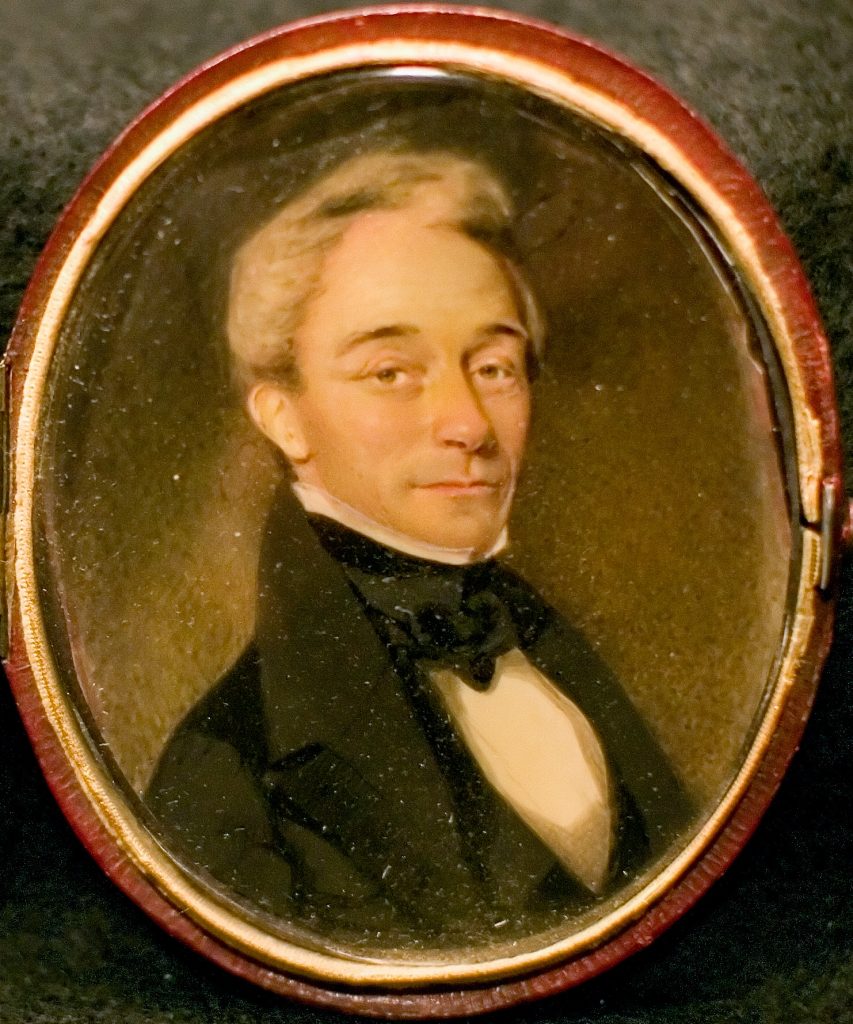Born in Camden, South Carolina on the fourth of July 1787, ChapmanLevy was the son of Sarah Moses andSamuel Levy and younger brother to Eliza Levy.He was to pursue a career in law and was admitted to the bar in 1806.He served in a militia during the War of 1812, from which he took thehonorific “colonel,” which would adorn his name throughout hisconsiderable career.
Basedout of Kershaw County, Levy developed into a lawyer well knownthroughout the state. His highest profile case was his prosecutionWilliam Taylor, brother of Governor John Taylor, on a murder charge.A sensational trial in which Taylor stood accused of murdering theman with whom his wife was allegedly carrying on an affair, Levyeventually lost, however it made him something of a South Carolinacelebrity.
Levyserved as a state legislator and senator from Kershaw Country. Healso ran a brickyard near the Columbia Canal at which more thanthirty slaves worked, making him the largest Jewish slaveholder ofhis time. He was also involved in numerous financial enterprises,dealing in credit and banking.
Amonghis other accomplishments, Levy climbed the ranks of freemasonry. Hewas also considered the leading expert on the etiquette and rules ofdueling. According to one contemporary observer, Levy was consulted“in every duel…fought in the upper part of South Carolina.”
Levywalked the line between maintaining his faith and converting,incorporating the Camden Protestant Episcopal Church in 1808 whilehelping found the Jewish burial society in 1822. His wife, Flora, whodied young, only five years after they were married, was given aJewish burial.
Inthe late 1820s, Levy returned to Camden, the city of his birth, andtheir formed a law partnership with William McWillie. The duo movedto Mississippi in 1838 and there found considerable success. Levy wasnominated for governor but turned it down; years later McWillie wouldrun and win. Levy would eventually be buried on McWillie’splantation in Kirkwood, Mississippi.
